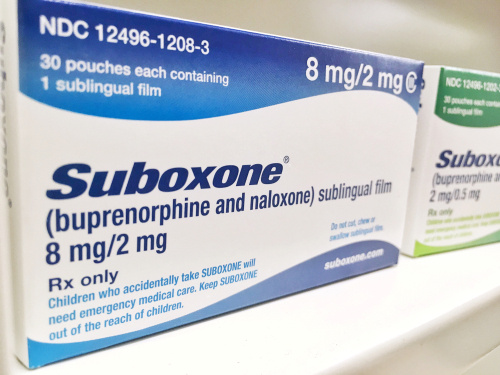How Drugs Can Affect Your Life
Drugs are explained as chemicals or substances that change the way one’s body works by affecting a person’s mental or physical state. Each drug causes different physical reactions, depending on the type of drug. Some will elicit feelings of relaxation and calmness, others may cause an individual to feel more awake, alert, and energetic. Some types of drugs may alter one’s perceptions, causing hallucinations, and others may provoke feelings of numbness. Although the type of drug used will influence its effects on an individual, everyone is unique, and each person will react distinctly when foreign substances are introduced into her system. The way drugs can affect one’s life will depend on a combination of factors, such as the type of substance used, one’s personal health history, one’s metabolism, a family history of substance abuse, the presence of any mental health disorders, one’s age, and more. People start using drugs for different reasons (e.g., sometimes they are used as prescribed, sometimes in attempt to self-medicate, for recreational purposes, etc.). Whatever the reason, using drugs may lead to adverse short- and long-term consequence, including, but not limited to the following effects, provided by the National Institute on Drug Abuse:
- A weakened immune system, increasing the risk of illness and infection
- Heart conditions ranging from abnormal heart rates to heart attacks, collapsed veins, blood vessel infections, etc.
- Nausea and abdominal pain
- Changes in appetite
- Weight fluctuation
- Liver damage
- Seizures, stroke, mental confusion, and brain damage
- Lung disease
- Circulation problems
- Sleep disruptions
- Sudden mood changes
- Decreased motivation
- Problems with memory, attention, and decision-making
- Development of certain cancers (e.g., liver cancer, bowel cancer, mouth cancer, etc.)
- Fatigue
- Organ failure
Studies also show that drug use increases one’s risk of mental health issues such as anxiety, depression, and psychosis. There is always a risk of substance misuse regardless of the initial impetus for its use. Continuous and frequent substance and/ or alcohol use can lead to developing a tolerance, meaning an individual will require more of the substance (e.g. higher dosage, frequency of use, etc.) to achieve the same feeling, increasing one’s risk of addiction. Addiction, also known as substance use disorder (SUD), is listed in the Diagnostic and Statistical Manual of Mental Disorders, Fifth Edition (DSM-5) as a chronic brain disorder. It is characterized by compulsively engaging in rewarding stimuli without regard for consequence. Individuals that struggle with addiction will prioritize satisfying drug cravings above all else. Substance use disorder affects every area of one’s life, leading to strained relationships, financial hardship, employment challenges, legal complications, as well as emotional, physical, and psychological consequences.
For Information and Support
Substance abuse and addiction can be incredibly dangerous and can result in severe short and long-term consequences. If you or someone you know is suffering from substance abuse or addiction, please get help as soon as possible. The earlier you seek support, the sooner you and your loved ones can return to leading happy, healthy, and fulfilling lives. There is no reason to go through this alone, and we are here to help. Please feel free to reach out to us for further information or with any questions regarding substance abuse or addiction. We are available anytime via telephone at: 213-389-9964, or you can always email us at: info@friendlyhousela.org.



